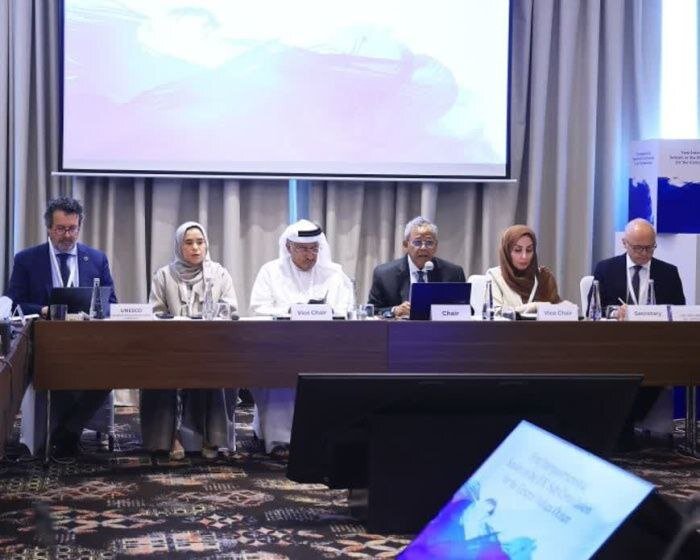
Similar Posts
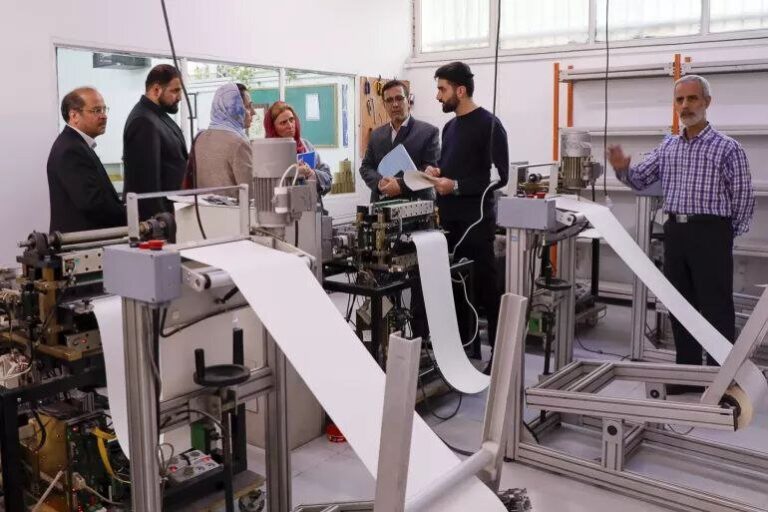
Revolutionary Braille Embosser Set to Empower Visually Impaired Students
UNICEF has enhanced educational opportunities for 7,145 children with visual disabilities in Iran by acquiring a Braillo 600 SR2 braille embosser, announced on February 4. This technology will produce essential braille materials for mainstream and special school students, addressing the need for accessible educational resources. The initiative aims to create equitable learning opportunities and is expected to benefit over 214,000 children over the next 30 years. Additionally, UNICEF is launching a campaign with Tejarat Bank to empower children with disabilities and promote their inclusion. They are also developing earthquake preparedness resources tailored for children with disabilities, ensuring a safer future for all.
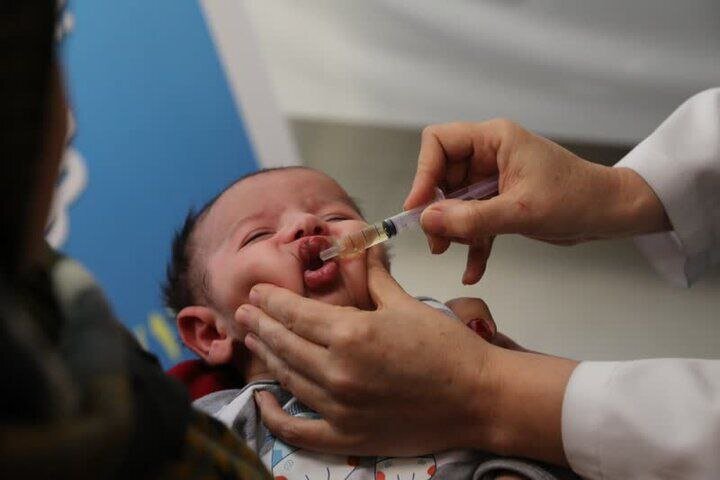
Spring Vaccination Drive: 300,000 Kids Set to Receive Polio Immunization
Iran has launched a comprehensive vaccination campaign against polio for children under five, as part of its ongoing efforts to eradicate the disease. This initiative includes vaccinating an additional 300,000 children in high-risk northern areas during the spring. Polio, a viral disease primarily affecting young children, can lead to paralysis but is preventable through vaccination. Iran has been polio-free since 2000, but rising cases in neighboring Afghanistan and Pakistan pose a risk. The campaign consists of two phases, with the first scheduled from April 12-14, 2024, and the second from June 17-19, 2024, emphasizing the need for continued vigilance.
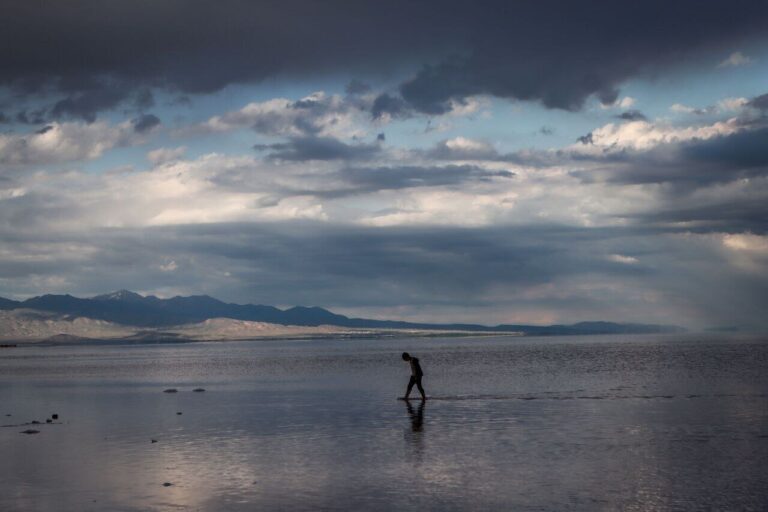
Lake Urmia Sees Remarkable 80 mcm Surge in Water Volume!
Lake Urmia is experiencing a significant revival, with water volume increasing by 80 million cubic meters compared to last year, reaching 1,630 billion cubic meters. This resurgence is vital for the lake’s ecological health, as its level rose to 1270.28 meters. Collaborative restoration efforts involve the UNDP and FAO, focusing on sustainable agricultural practices. A project initiated by Japan and UNDP aims to develop conservation systems from 2024 to 2028. However, challenges like overconsumption of water, climate change, and vulnerable agricultural practices threaten the lake. Ongoing initiatives seek to implement water-saving measures and enhance resource management for sustainability.
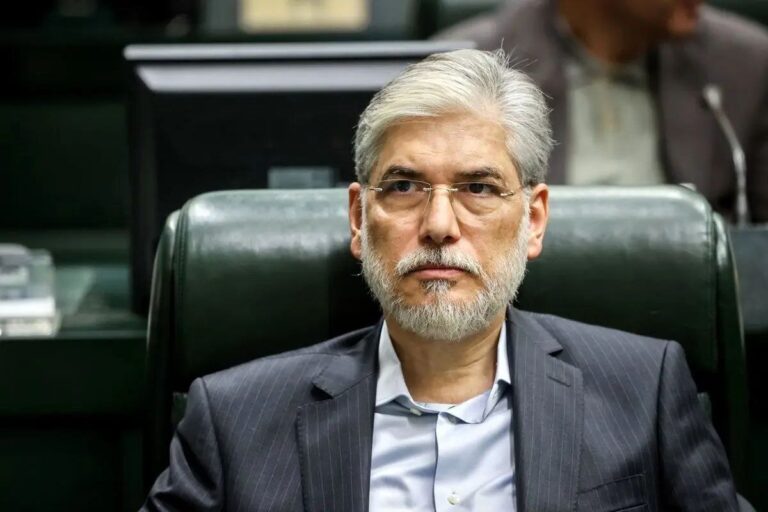
Tehran Set to Welcome OIC Science Ministers This Spring: A Hub for Innovation and Collaboration!
Iran will host the science ministers of the Organization of Islamic Cooperation (OIC) this spring, aiming to boost scientific and technological collaboration among member states. Minister Hossein Simaei-Sarraf highlighted initiatives like establishing science parks and facilitating academic exchanges. Iran ranks first among Islamic countries in neural network technology and multi-agent systems, and second in AI and robotics. Key universities contributing to this progress include the University of Tehran and Amirkabir University. Despite sanctions, Iran is committed to sharing its technological expertise, emphasizing the potential for unity and advancement among Islamic nations through collaborative efforts in science and technology.
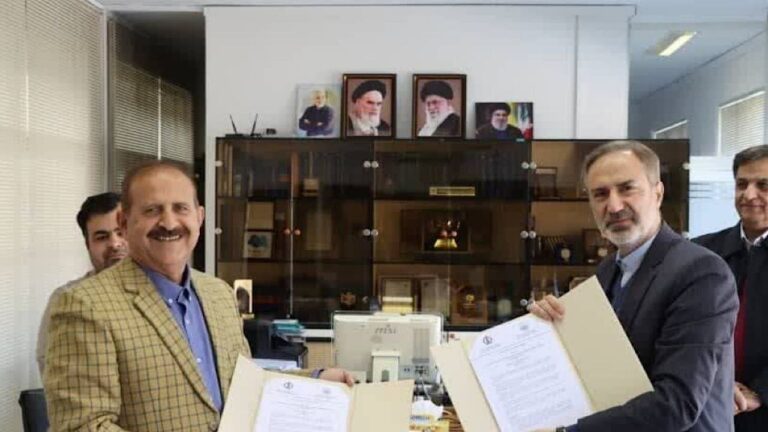
NIGEB and University of Peshawar Forge Strategic MOU to Enhance Scientific Collaboration
Iran’s National Institute of Genetic Engineering and Biotechnology (NIGEB) has signed a memorandum of understanding with Pakistan’s University of Peshawar to enhance scientific collaboration. The agreement focuses on exchanging professors and students and engaging in joint research projects. During a recent visit, University President Ali Muhammad praised NIGEB’s research achievements and proposed increased interactions to leverage NIGEB’s expertise in genetic engineering. NIGEB, established in 1989, aims to advance biological sciences and biotechnology while addressing national and regional needs. This partnership highlights the importance of international cooperation in tackling challenges in agriculture, health, and the environment, promising significant advancements for both countries.
